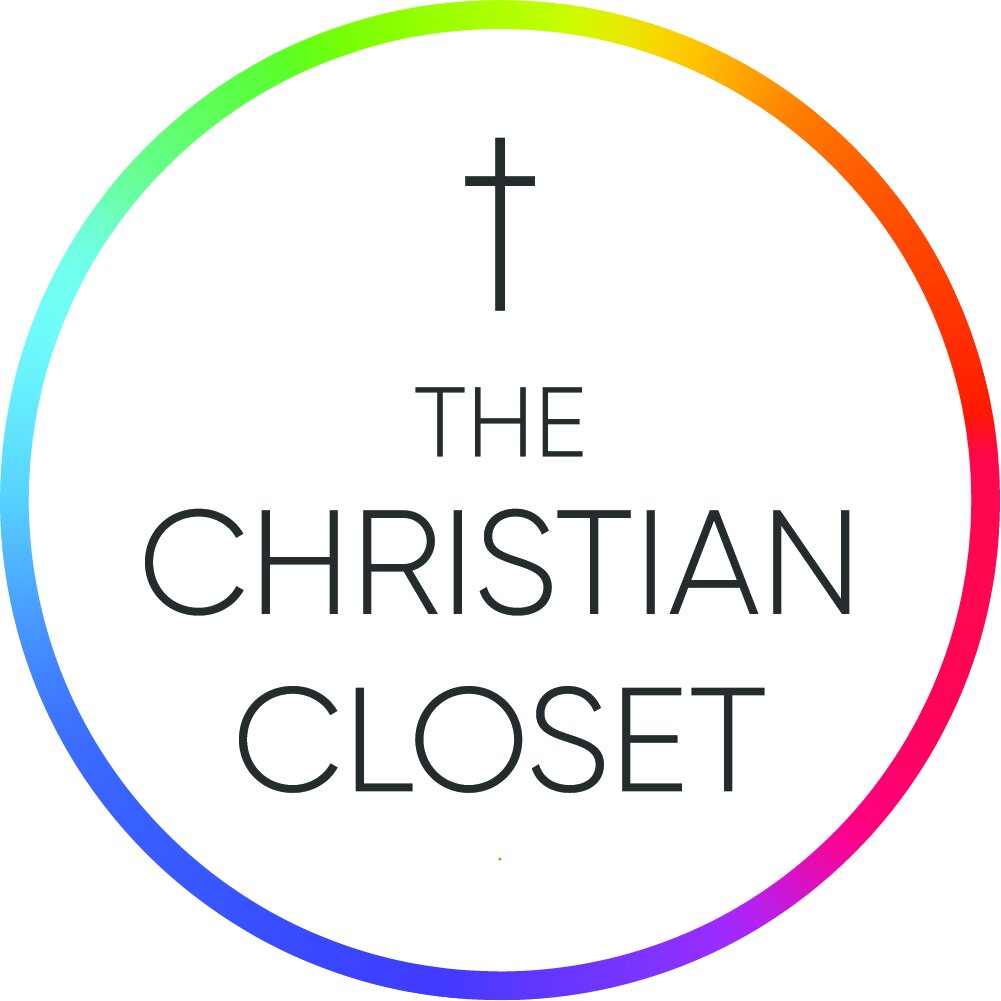Sex(uality, Gender, and Faith, pt. 2
It felt important to keep the next two questions together with those I surveyed; What is your sexual orientation? and Are you a Christian?
Many Christians and those in the LGBTQ community like to keep these two categories of faith and sexuality separate, but they continually intertwine and play off one another. A really interesting thing occurred when I asked people if they were a Christian. Some people answered quickly, as if it took no thought at all, Yes, I am! To be a Christian was such a part of their identity, that it was as if I asked them what color hair they have. Then there was a second and third group of people that stood out to me, those who answered with “other Christians wouldn’t call me a Christian”, or “I used to be a Christian.” These responses caused me to pause and consider what their answer meant. It actually took me back to my post-college days when I answered the question myself with a form of “others might not call me one.”
What’s interesting about that statement is the allowance of others to define what being a Christian is, rather than ownership of the title as a deeply held part of one’s identity. These last two groups didn’t seem to be saying they no longer believed in God, or Jesus or the Bible. Rather, it was as if they were saying they had somehow been “kicked out” of Christianity. Other Christians wouldn’t call me a Christian. What I expected next was that those who answered in an “outsider” way would answer the question of sexual orientation with “gay, lesbian, bi-sexual, transgendered and queer” except that’s not what happened. Those who answered in this way were straight!
I loved the challenge to my assumption, but what it said to me was that similar to some of those in the LGBTQ community, straight people were having experiences in their churches, families and faith communities where they felt they no longer were welcomed, or that something about their life didn’t “fit” into what they had been taught it meant to be a “good” or even a “real” Christian.
This saddened me, but I also trust that God is bigger than the “Christian” category and know he does not sit on the outside of hearts and lives just because someone doesn’t identify as a Christian. Some of what seemed to draw these straight people away from being a Christian is the idea that their sexual selves didn’t have a place in the Church. And here’s the kicker — some reported experiencing God’s peace and love more in the sexual experiences outside of their marriage. Or someone who waited to have sex until late in life only to realize the conviction they were sure would follow never did and instead they were met with a freedom they had never had; no shame. The experience of their sexuality outside of the strict purity codes they had been taught freed them up. Even though they reported having experienced more of God in these places, it felt hard to find connection with other Christians in this; they were told to change and/or repent, yet they didn’t want to give up the new life of freedom and God’s grace that they had discovered. They no longer fit into the Christian world.
In Christopher King’s interpretation of the Song of Songs he states, “the Song of Songs yields the Bible’s most potent balm for healing one of the great spiritual wounds of Christianity: the inherited fear of sexual desire. At every turn, the Song of Songs upholds embodied human eros as genuine good.” Yowzah, them are some strong words! I mean, “the greatest spiritual wound of Christianity…” isn’t that a bit extreme? Even the purest most disciplined Christians I know all seem to have a similar ache, disappointment, and fear; they don’t know how to stay sexually pure because even when they can resist the temptation to have pre-marital sex, they find themselves still needing a release of sorts and end up masturbating, which also doesn’t seem to be an “okay” practice among many in the church.
When I think about the thousands of people who are good intentioned humans desiring to be close to God whom I’ve met with for therapy, but who chastise themselves over and over again for their sexual impurity it breaks my heart. They believe because they are sexual and can’t “control” it that they are bad Christians. My heart aches for these fellow journeyers. Maybe Mr. King is right, it’s time to take a look at Song of Songs and see if we can find some freedom that God intended for us.
When I read the Song of Songs I see two people who allow themselves the fullness that comes through a deep love and sexual experience. I don’t see either of them questioning the morality, or social duty that they both are aware of; the city sentinels, the Shulamite’s brother and her mother all are not too happy about this union. For her brothers can’t imagine that it’s not about being promiscuous. It’s the passionate yearning of eros that holds the morality of the Song of Songs. There is mutuality in their exchanges, passion and yet morality and truth.

